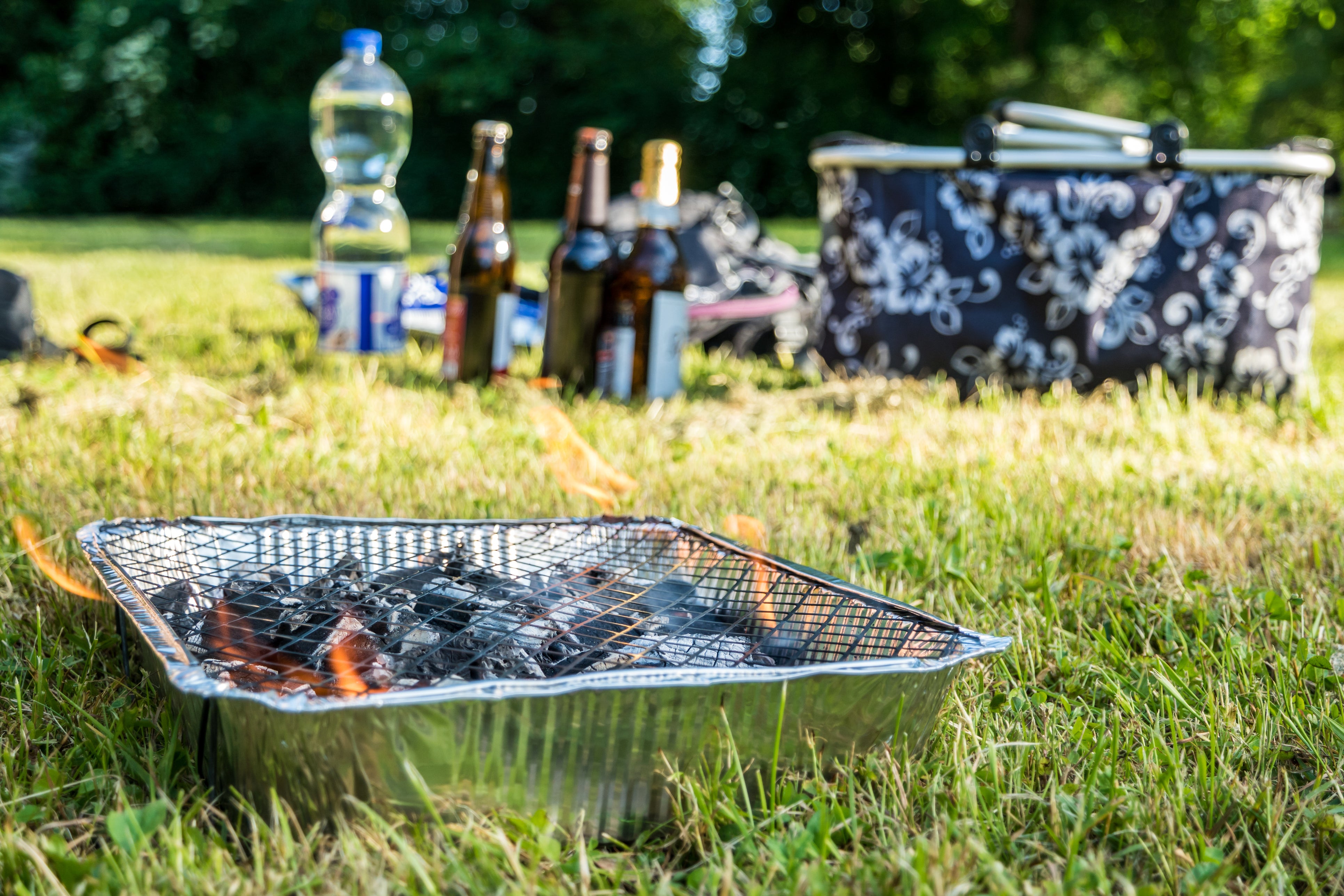Waitrose and Aldi ban sale of disposable barbecues for environmental reasons
The devices cannot be recycled or composted and tend to end up in landfill

Your support helps us to tell the story
This election is still a dead heat, according to most polls. In a fight with such wafer-thin margins, we need reporters on the ground talking to the people Trump and Harris are courting. Your support allows us to keep sending journalists to the story.
The Independent is trusted by 27 million Americans from across the entire political spectrum every month. Unlike many other quality news outlets, we choose not to lock you out of our reporting and analysis with paywalls. But quality journalism must still be paid for.
Help us keep bring these critical stories to light. Your support makes all the difference.
Waitrose and Aldi have stopped selling disposable barbecues in all UK supermarkets in an effort to protect the nation’s forests and wildlife.
Aldi added that the ban would also lead to the removal of approximately 35 tonnes of single-use waste packaging.
Warmer weather sees a spike in sales of the foil devices as people seek an al fresco eating experience.
But many have raised environmental concerns about their use, such as the New Forest National Park which has banned the use of disposable barbecues due to the risk of wildfires.
As well as being composed of single-use plastic, the barbecues often contain charcoal, which is not usually sustainably sourced, leading to deforestation.
The devices usually end up in landfill as they cannot be recycled or composted.
The retailers are the latest supermarkets to introduce the ban after the Co-op announced in June 2021 that it would no longer sell disposable barbecues in 130 shops located in or within a one-mile radius of national parks.
The move followed concerns shared by the National Fire Chiefs Council over the number of instant barbecue-related fires, both in outdoor spaces and in the home when used on balconies or too close to garden fences and trees.
Fires last summer at Froward Point in Devon, Wareham Forest in Dorset and Darwen Moor in Lancashire were all caused by instant barbecues.
Lucy Comer, buyer at Waitrose said: “Disposable barbecues present a risk to our natural habitats and this is why we’ve committed to removing them from our shelves this year.
“This is the right thing to do to preserve our local ecosystems and another example of the work we’re doing to protect the planet. We applaud Aldi for standing with us to make this happen and we hope other retailers will follow.”
Aldi UK's corporate responsibility director Liz Fox said: “We are committed to reducing our impact on the environment and know that many of our shoppers are increasingly looking to do the same.
”We hope customers can embrace our latest move and still want them to enjoy their summer picnics and barbecues.
“As an alternative, we would encourage customers to opt for more environmentally friendly and sustainable options such as mini portable barbecues, ensuring they are used responsibly.”
Amanda Craig, from Natural England, said: “We welcome any step that helps people act more responsibly whilst enjoying the countryside, and encourage everyone to follow the Countryside Code when spending time outdoors.
“This includes only using barbecues in places where signs specify they are permitted to better protect people, property and wildlife.”
An investigation by scientists at the University of Manchester in 2019 found that a typical summer barbecue for four people releases more greenhouse gases into the atmosphere than an 80 mile car journey.
According to researchers, barbecuing a single beef burger releases enough carbon dioxide into the atmosphere to fill more than 60 party balloons.
Join our commenting forum
Join thought-provoking conversations, follow other Independent readers and see their replies
Comments